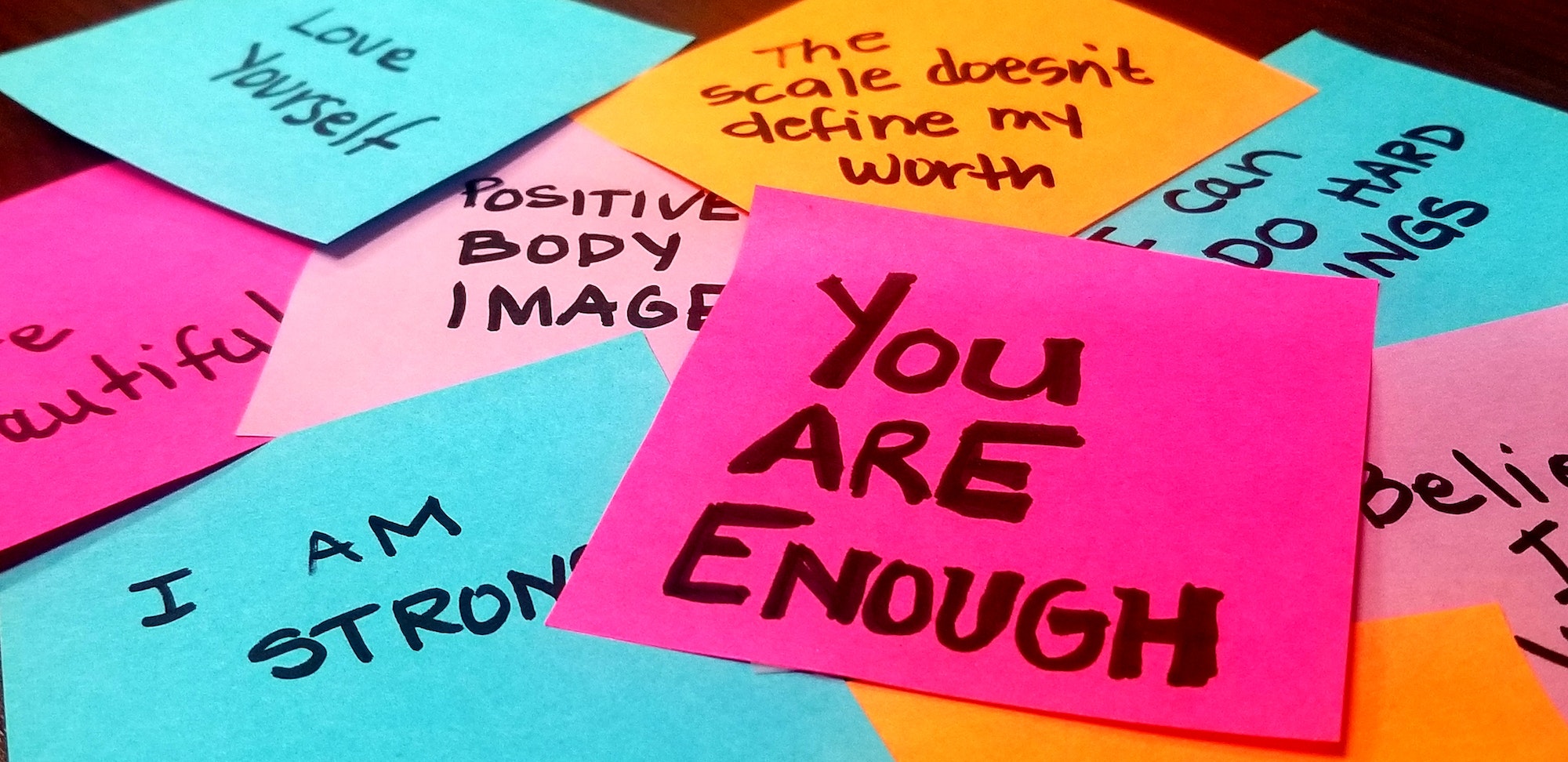
Mental Health, Opinion, Self-Improvement
I make introverts authentic & unstoppable!
Page 1/1

Mental Health, Opinion, Self-Improvement

Mental Health, Opinion, Self-Improvement


Mental Health, Opinion, Self-Improvement, Society
